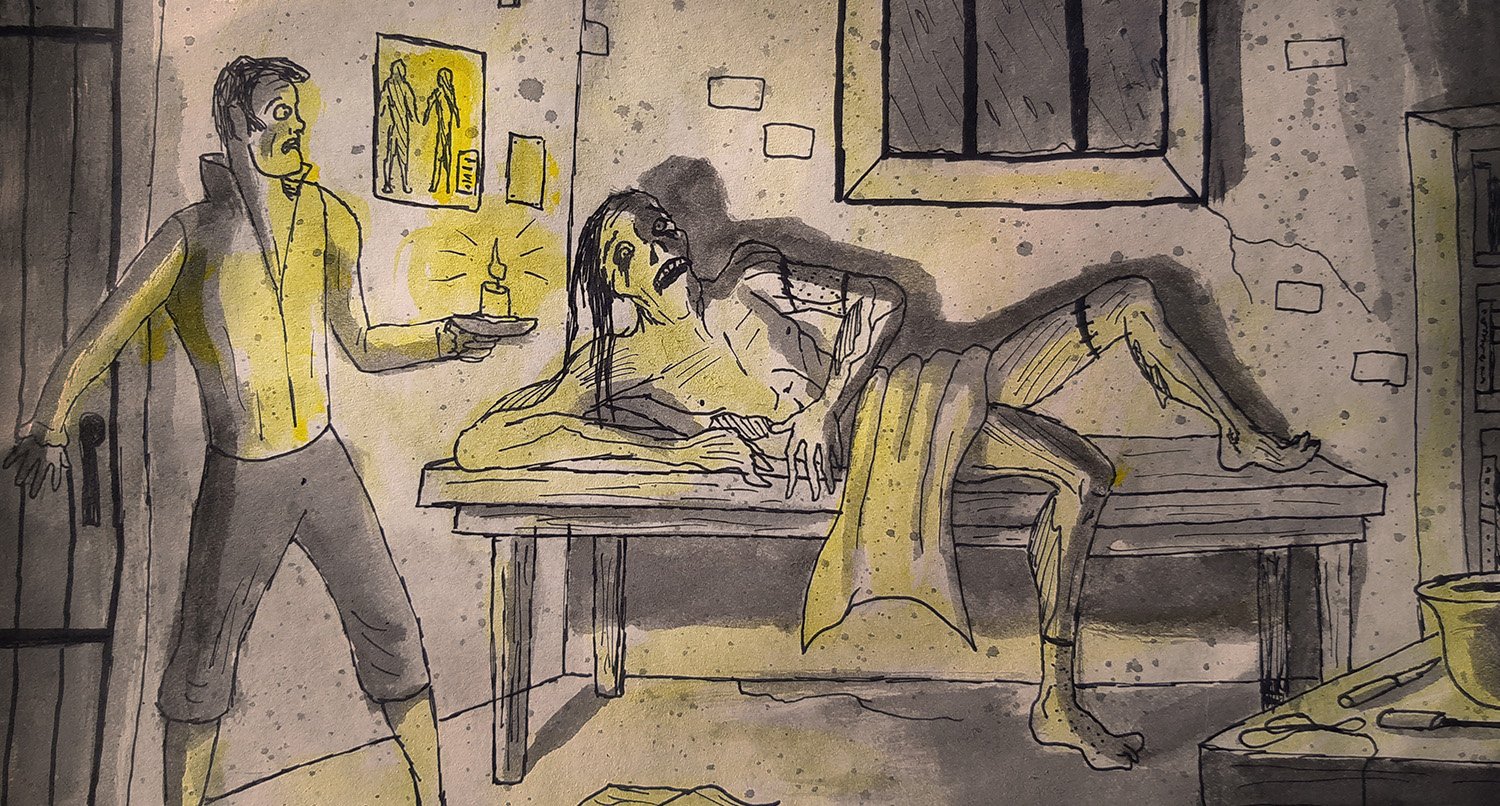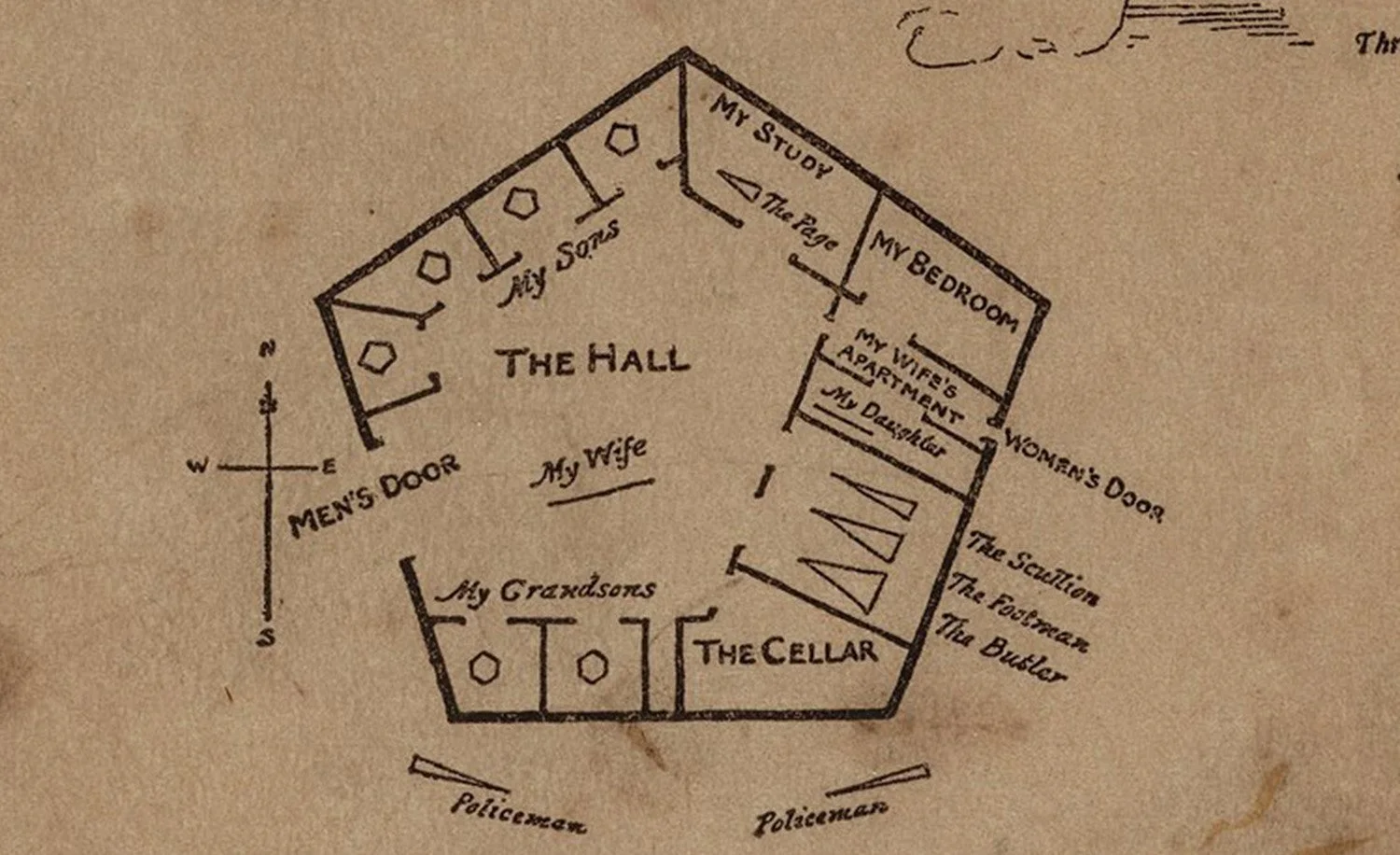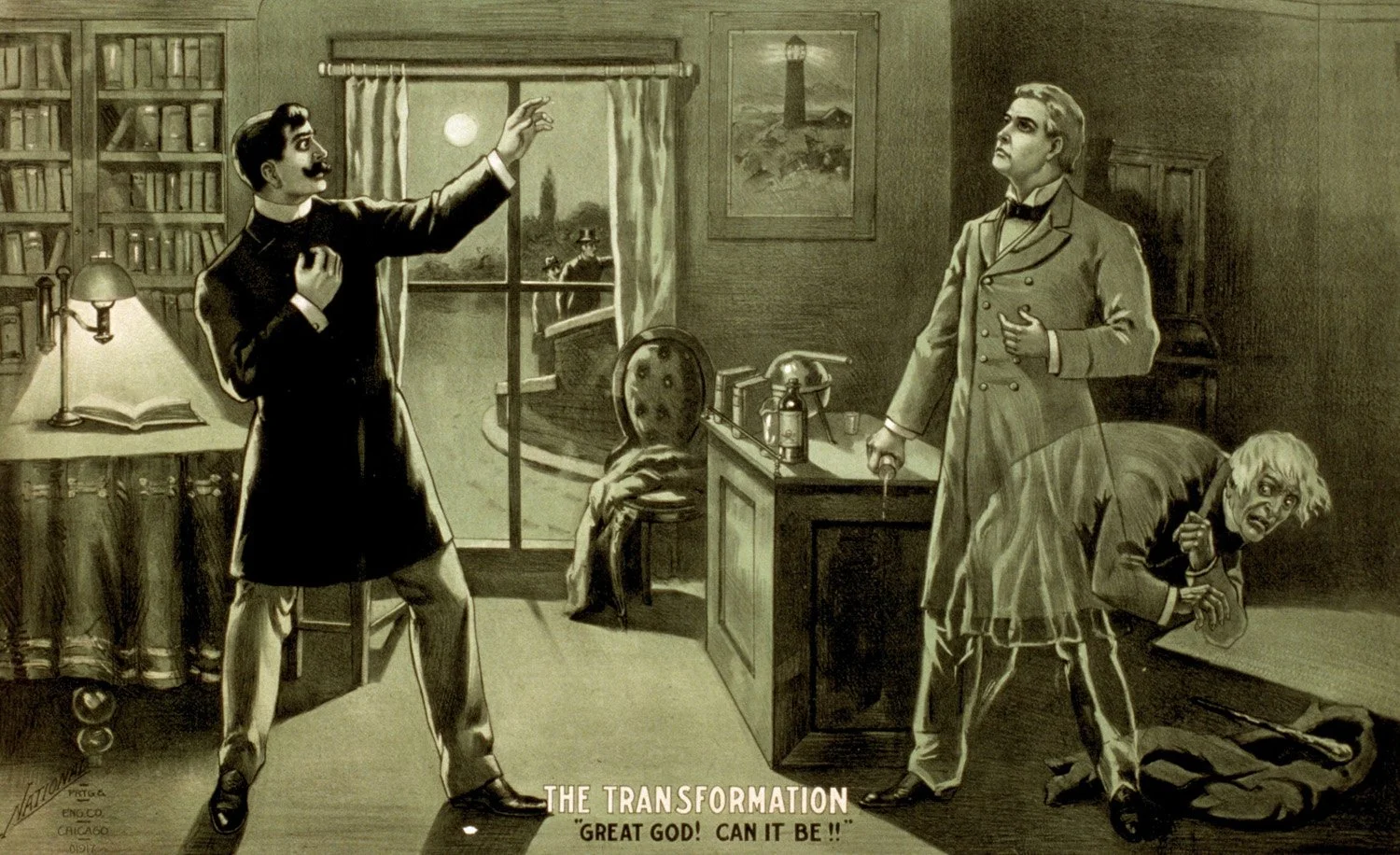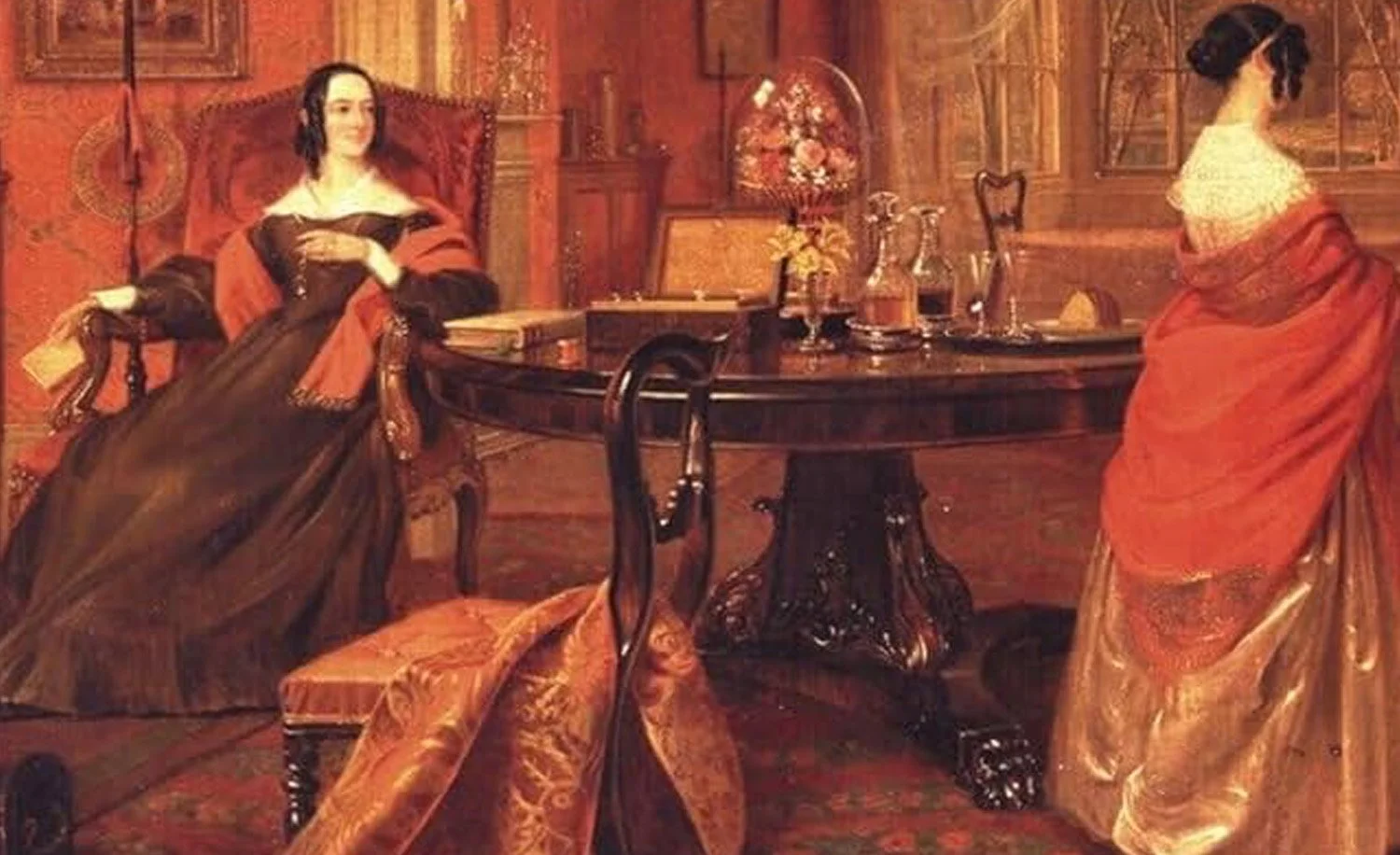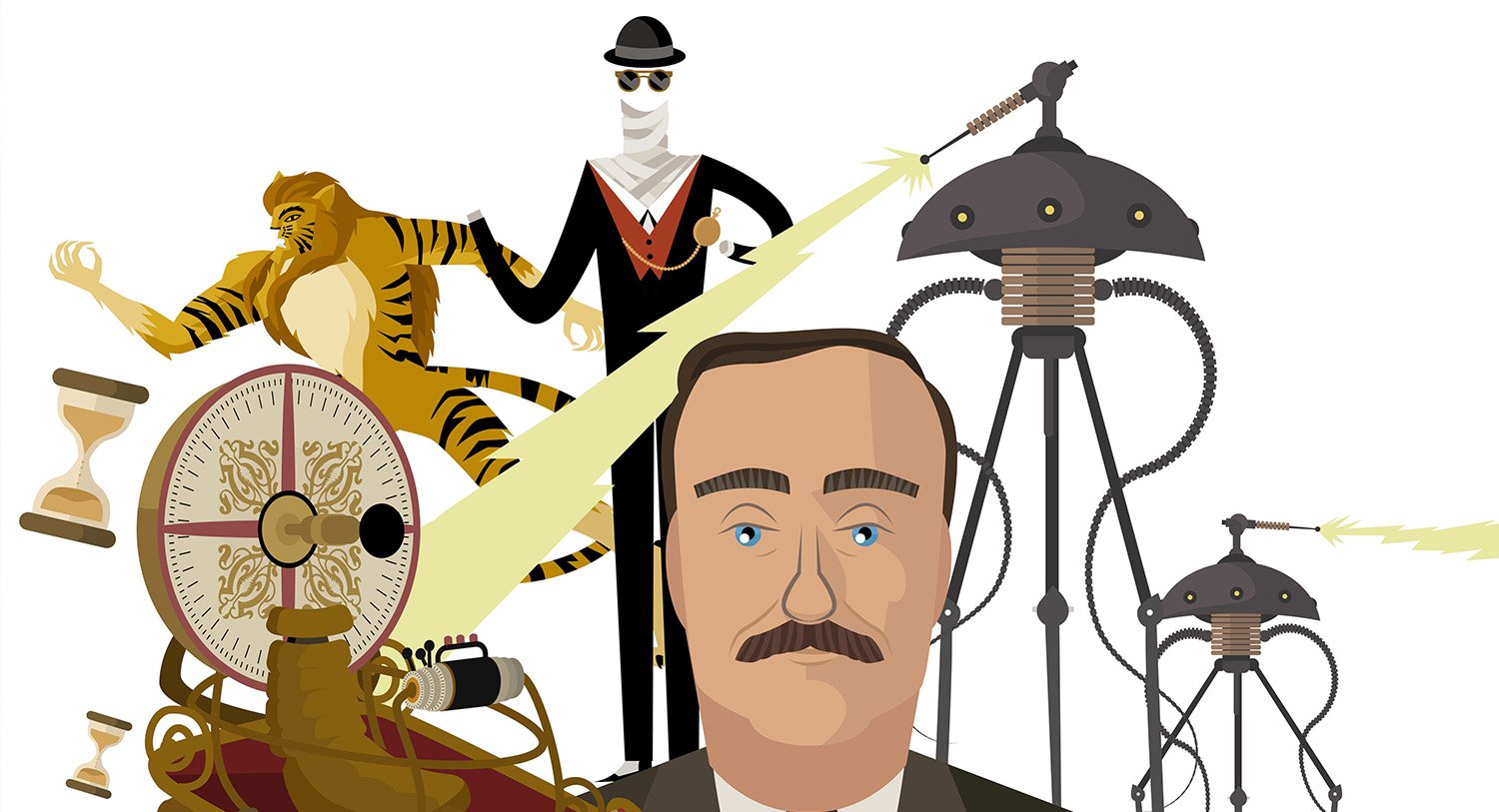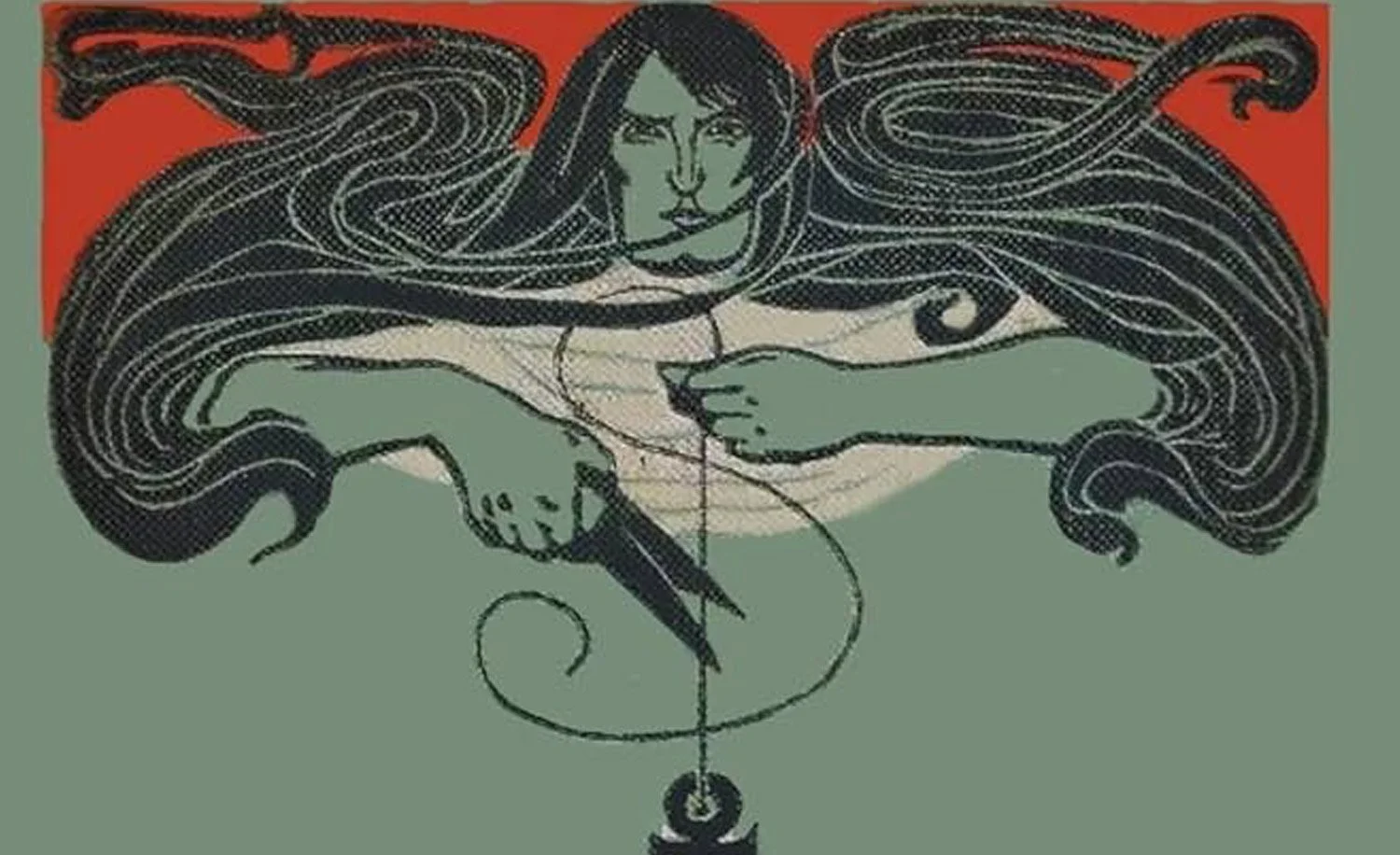If Shakespeare were alive today, would he write for television? Cantor and Kristol discuss the medium of TV. Paul Cantor explains what can we learn about contemporary America from our popular TV shows. Conversation
Read MoreTim Burton’s Mars Attacks! comically subverts the ideology of the standard American flying saucer movies of the 1950s. They celebrated the federal government as the American people’s savior, portraying a military-scientific elite dealing effectively with extraterrestrial threats to the US. Burton’s film debunks elites and suggests that a motley assortment of ordinary people would be more successful in dealing with an invasion from Mars. Chapter 4
Read MoreThe introduction to Part Two of The Invisible Hand in Popular Culture, “Maverick Creators and Maverick Heroes” Introduction
Read MoreThis chapter analyzes the television series Deadwood in terms of the philosophical concept of the state of nature. The show raises the question of whether a community should be ordered from the top down or from the bottom up. Deadwood goes to the heart of the central issue of the Western: is it possible to have order without law? Chapter 3
Read MoreThis chapter shows that Gene Roddenberry’s experience writing for the television Western Have Gun—Will Travel introduced him to many of the motifs and themes he later developed in Star Trek. It thus provides a case study of the hidden connections between the Western and science fiction. It also uncovers the tension between elites and common people in the mythology of the Western. Chapter 2
Read MoreThis chapter studies John Ford’s The Searchers against the background of Aeschylus’ trilogy, the Oresteia. As revenge tragedies, both works explore the thin line between barbarism and civilization. Ford portrays the tragedy of the isolated heroic figure who tries to bring order to the Wild West, and in the process must adopt some of the barbarism of the enemies he fights. Chapter 1
Read More

